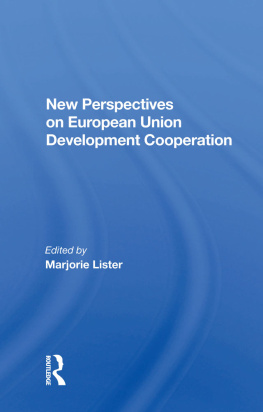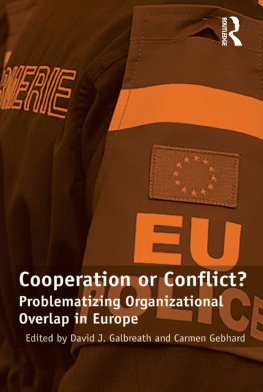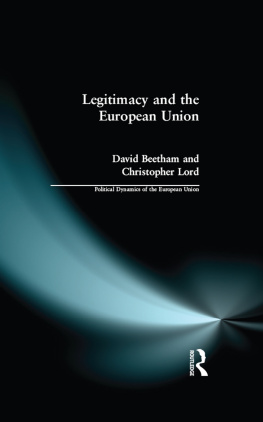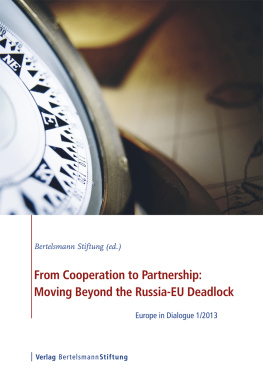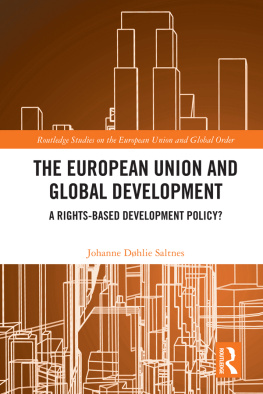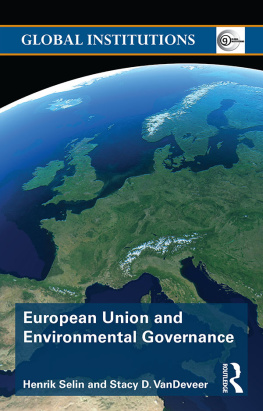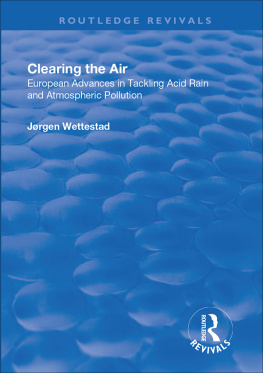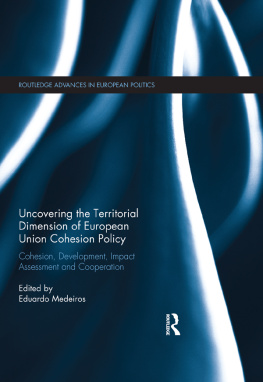First published 1999 by Westview Press
Published 2018 by Routledge
52 Vanderbilt Avenue, New York, NY 10017
2 Park Square, Milton Park, Abingdon, Oxon OX14 4RN
Routledge is an imprint of the Taylor & Francis Group, an informa business
Copyright 1999 Taylor & Francis
All rights reserved. No part of this book may be reprinted or reproduced or utilised in any form or by any electronic, mechanical, or other means, now known or hereafter invented, including photocopying and recording, or in any information storage or retrieval system, without permission in writing from the publishers.
Notice:
Product or corporate names may be trademarks or registered trademarks, and are used only for identification and explanation without intent to infringe.
A CIP catalog record for this book is available from the Library of Congress.
ISBN 13: 978-0-367-00718-8 (hbk)
1
Introduction
Marjorie Lister
Too often it seems that the realm of international conferences and declarations, which set targets to reduce poverty and hunger dramatically, agree to abolish all forms of discrimination against women, or slash greenhouse gas emissions, is far from reality. For the European Union (EU), as well, its promises to try to give every citizen a clean and healthy environment, or to build a partnership with developing countries based on complete equality and mutual respect seem to inhabit the same realm of fantasy. In fact, as former UK minister for overseas development Lynda Chalker observed, what is important for developing countries is not the policies made in Brussels, but their implementation on the ground.
Now in the latter part of 1998 the European Union recognizes the huge challenge it confronts in improving its relations with developing countries. As negotiations to renew or replace the Lom Convention in the new millennium get under way in the autumn of 1998, this book critically examines some of the most crucial aspects of the European Union's relations with the developing world, including human rights, gender and immigration.
The European Union is straggling to create new priorities - most notably poverty alleviation - and new development delivery systems which will prove more effective than the old ones. Like the USA, it is also trying to create a new breed of mutually beneficial partnerships with poor countries to enrol them more fully into the newly liberalised world economic system.
Yet as well as a major role to play, the EU has significant limitations on its political will to deliver the development 'goods' to its African, Caribbean and Pacific partners, and on its technical ability to do so. Nevertheless, the changed international norms which have led to a post-Cold War development consensus on the importance of liberalized internal markets, liberalized external trade, good governance, and gender awareness (in practice in a subsidiary role), also offer new opportunities for EU relations with developing states.
New Perspectives on European Union Development Cooperation emerged from contributions to the Working Papers series established by Dr Stephen Dearden and myself for the European Development Policy Study Group of the Development Studies Association and from conference papers delivered to the Annual Conference of the Development Studies Association in 1997. The authors of the volume's seven succeeding chapters are an international and multidiscipinary group of academics, policy-makers and development specialists. The first four chapters address the fundamental issues of human rights, gender, immigration, and the role of non-governmental organizations as providers of development services in EU development policy. In the last two chapters the on-going questions of the role of the free market and the future of the Lom Convention come under investigation.
In Karin Arts explores the linkages between EU human rights and development cooperation policies. Both are dynamic issue areas for the Union. The author discovers that the Union is increasingly stringent in its conditions for giving development assistance. Over the past decade the EU has greatly increased its political and legal scope for taking positions on issues of human rights and democracy in third countries. For instance, the EU's nascent Common Foreign and Security Policy includes promoting democracy, the rule of law, human rights and fundamental freedoms among its objectives.
Nevertheless, the EU experiences considerable difficulties in taking timely, firm, clear and consistent stands on human rights issues. Economic considerations, disagreements among the European member states and mistaken judgements are all obstacles to achieving a fair and transparent human rights policy.
The third chapter analyses the European Union's not always happy encounter with gender issues. Gender is now widely recognized as being of crucial importance in fields ranging from humanitarian aid to long-term development. Eloise Turner identifies five main approaches to gender and development: welfare, equity, anti-poverty, efficiency and empowerment. She finds that the EU's approach is primarily equity based, with an admixture of the welfare and efficiency models.

